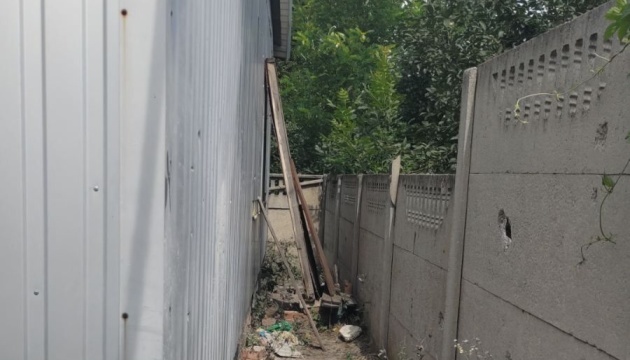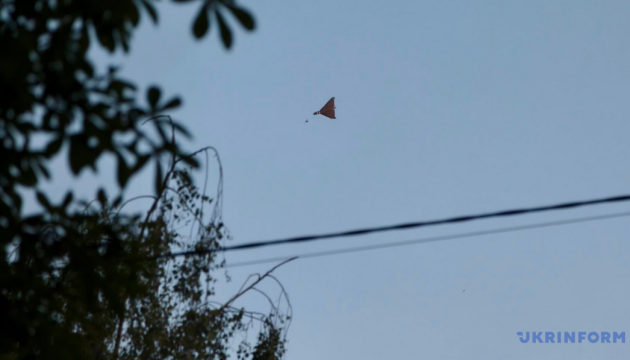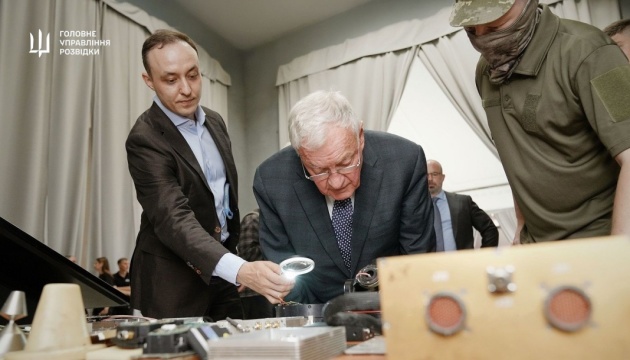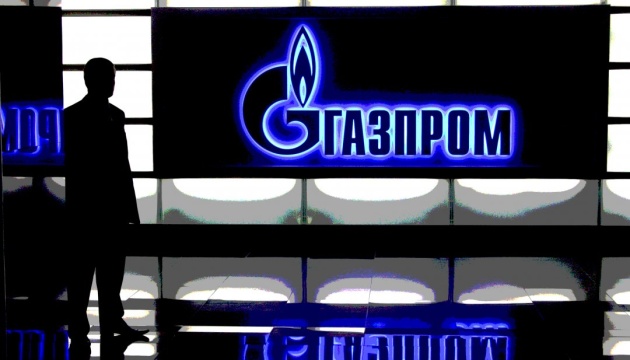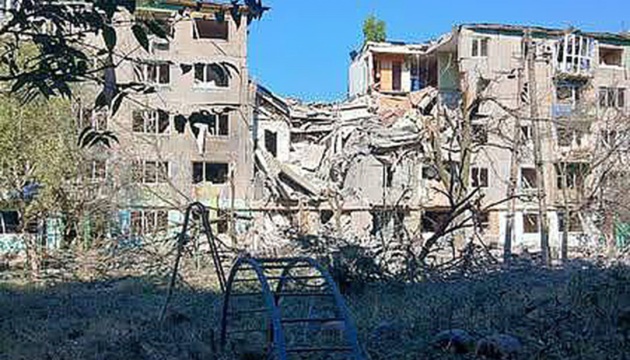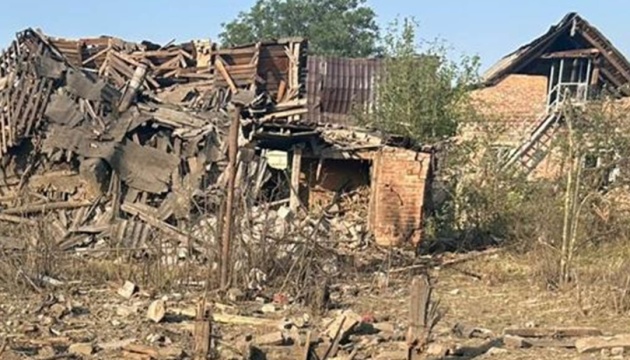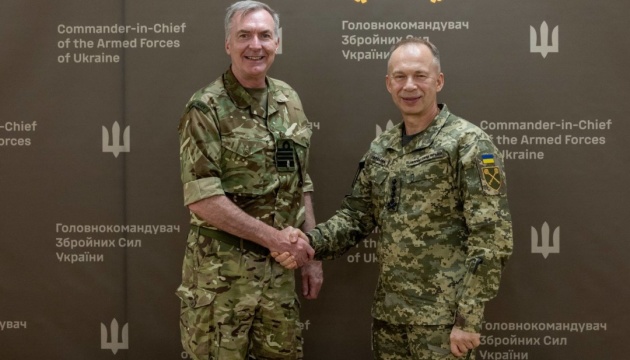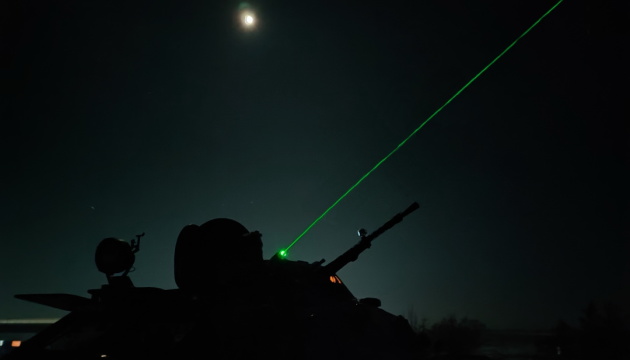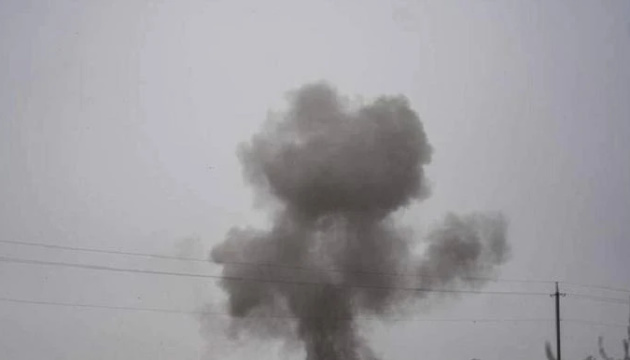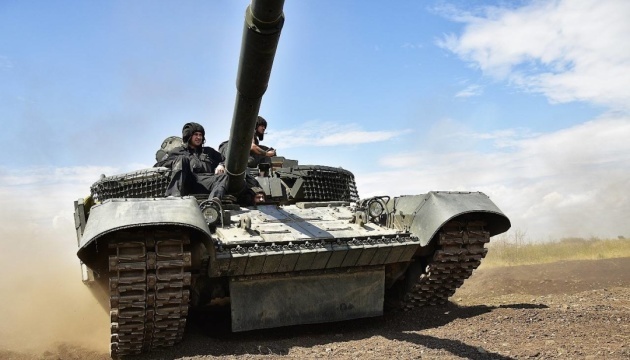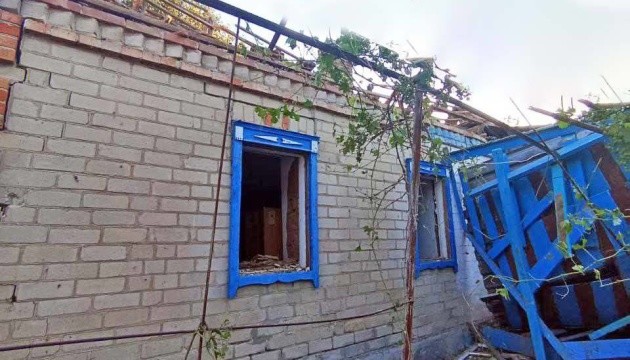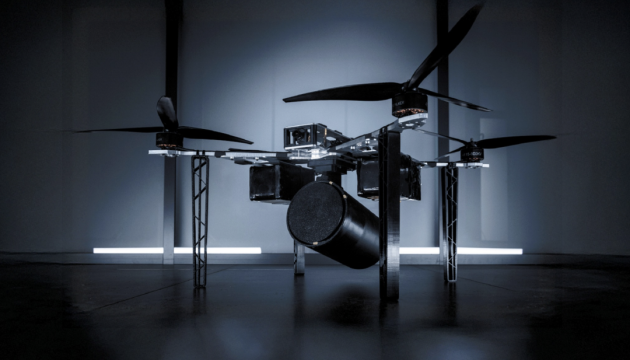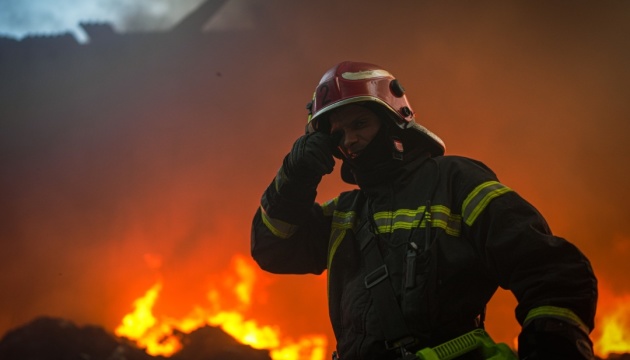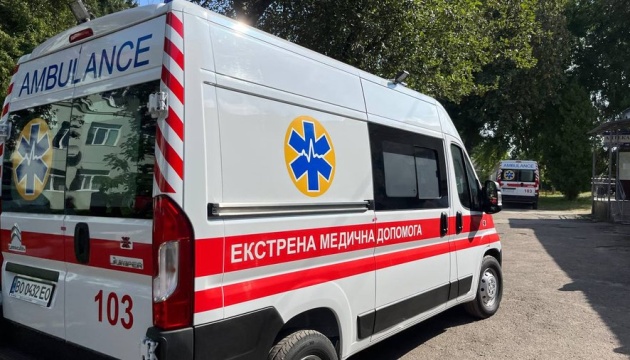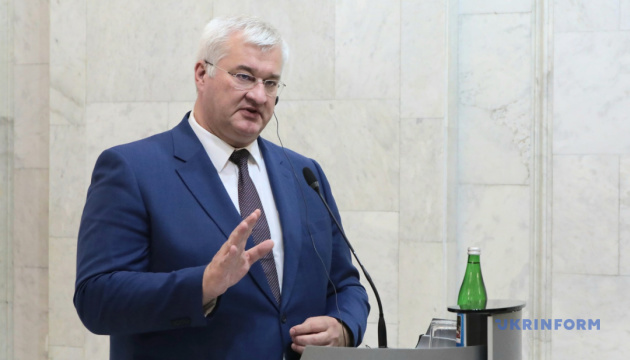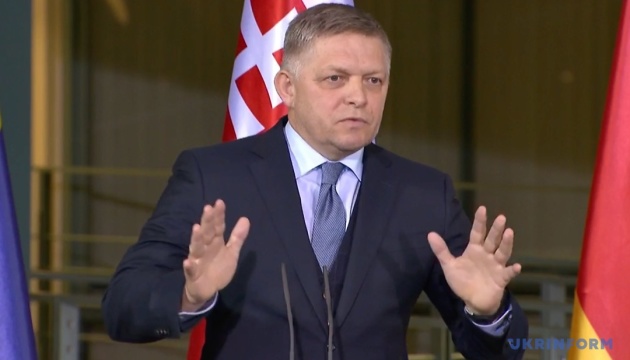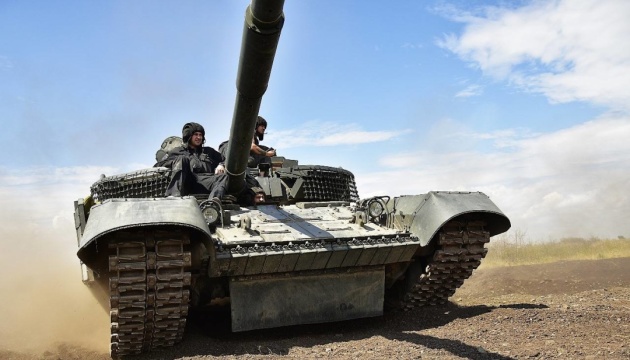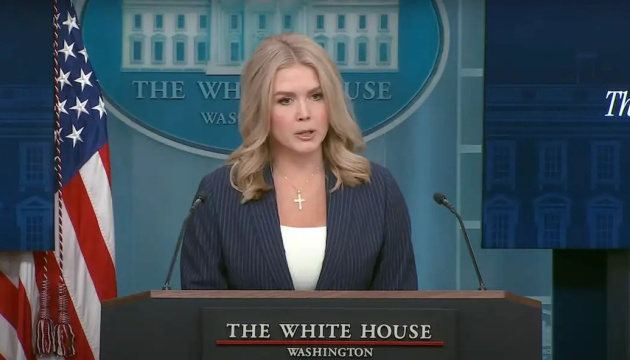Ukrainian intelligence destroys six Russian radar stations in Donetsk region
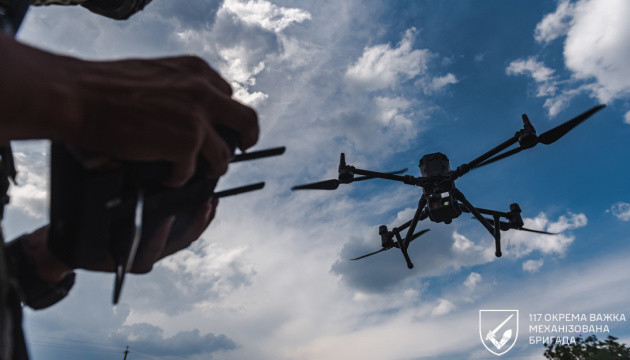

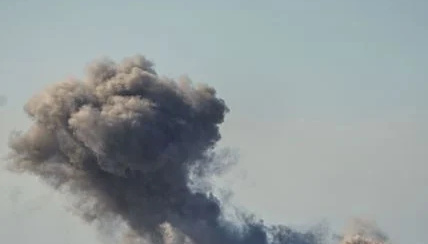
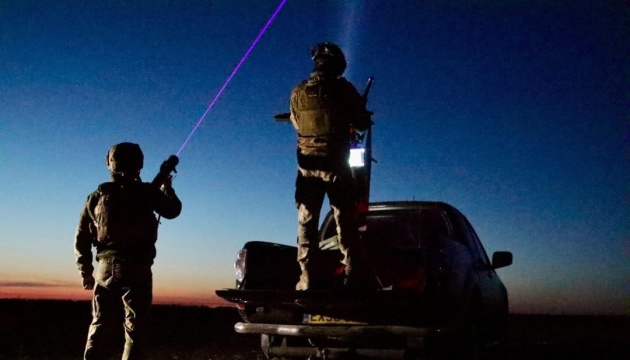
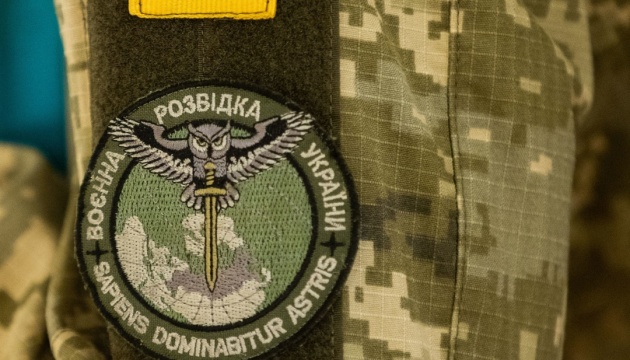
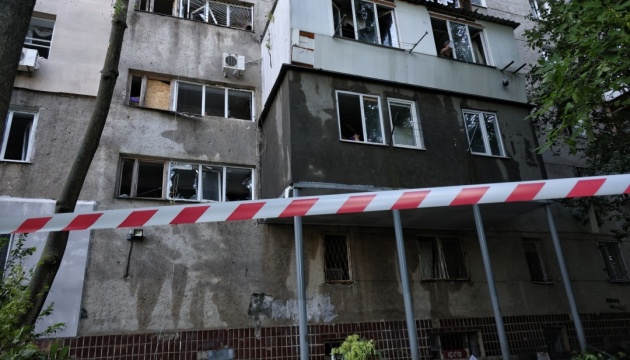
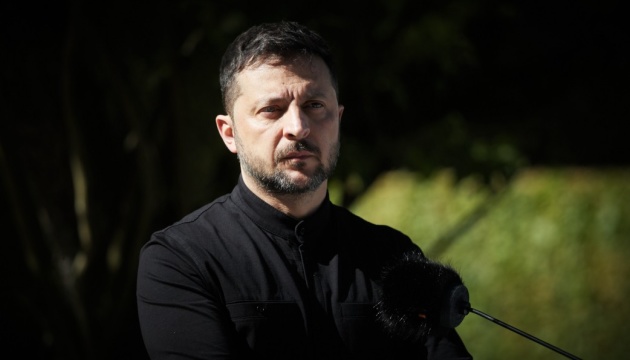
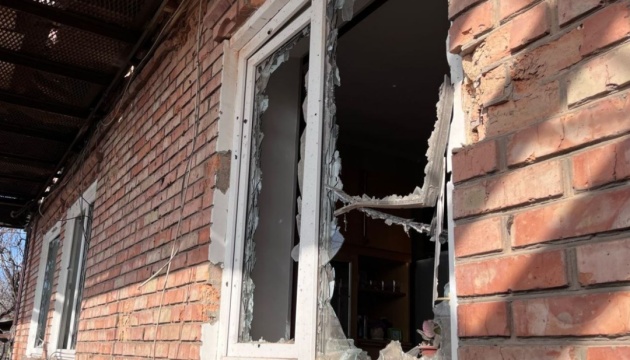
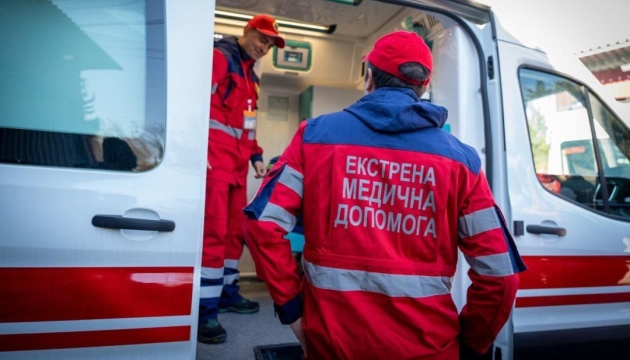
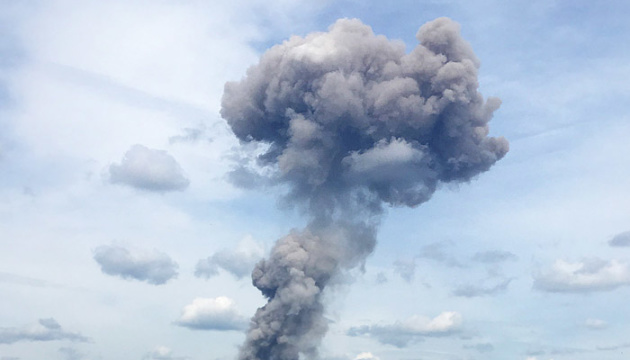
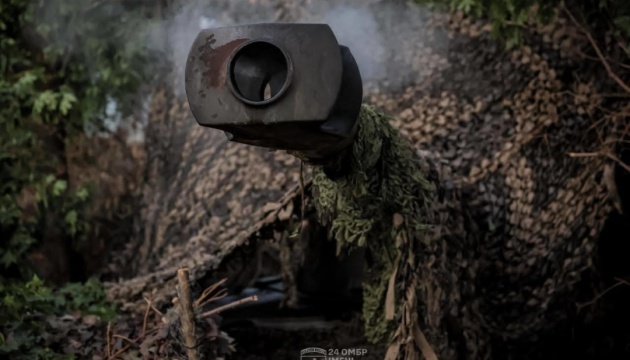
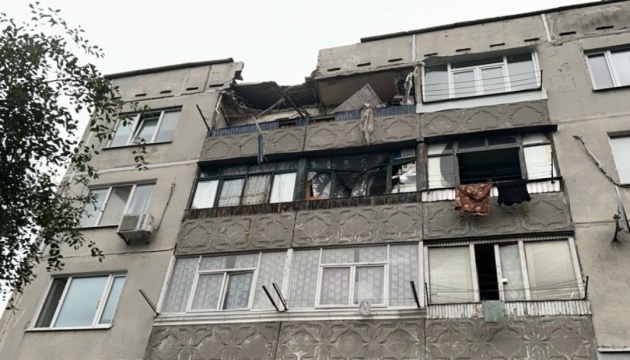
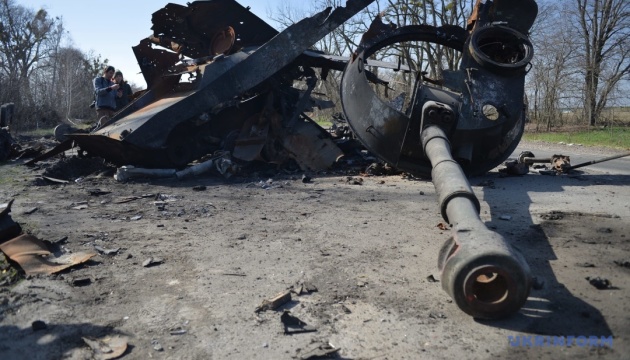
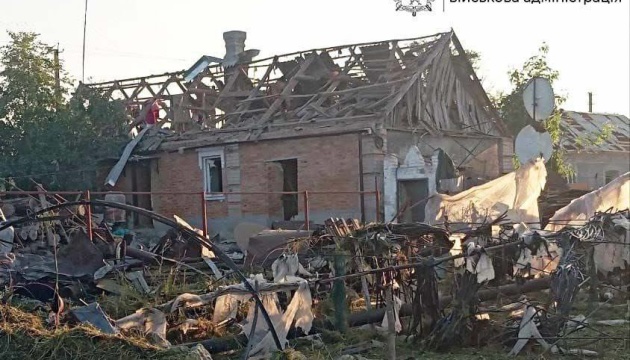
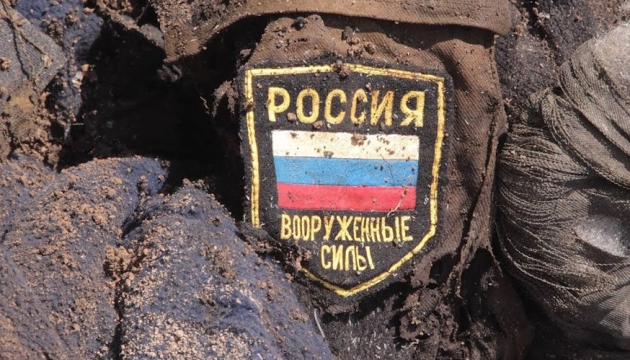
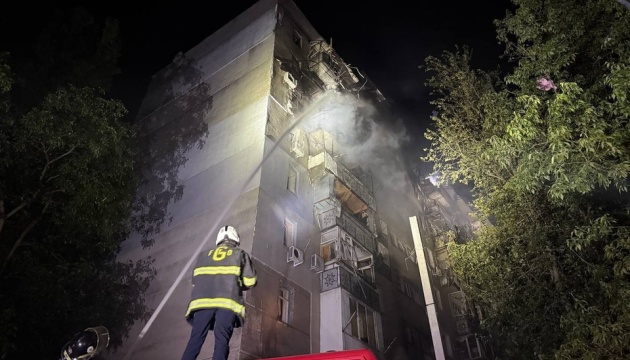
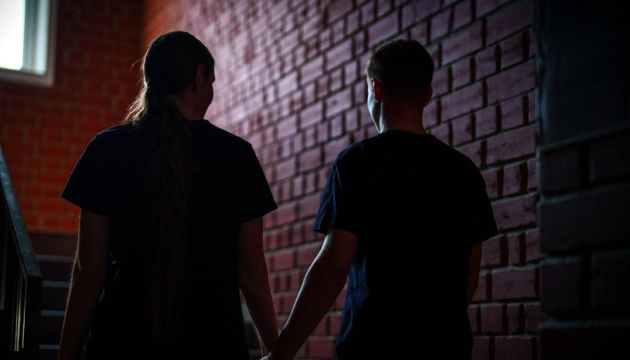
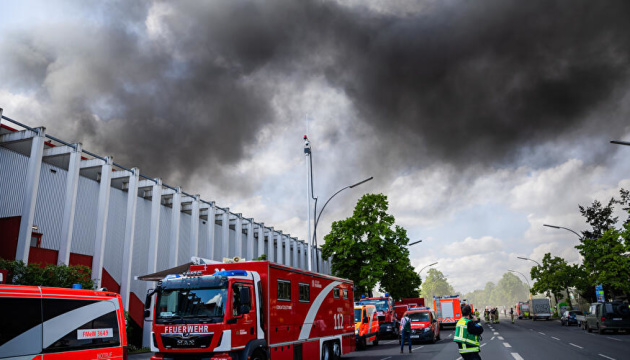
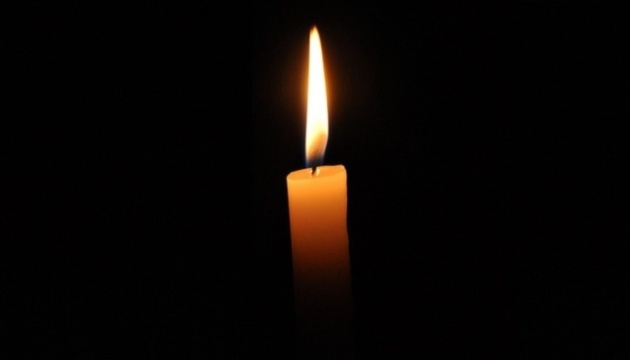
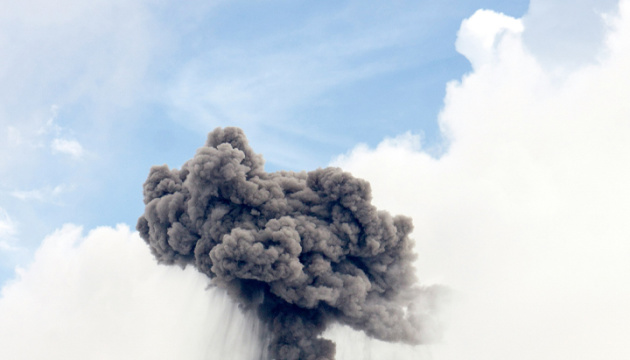
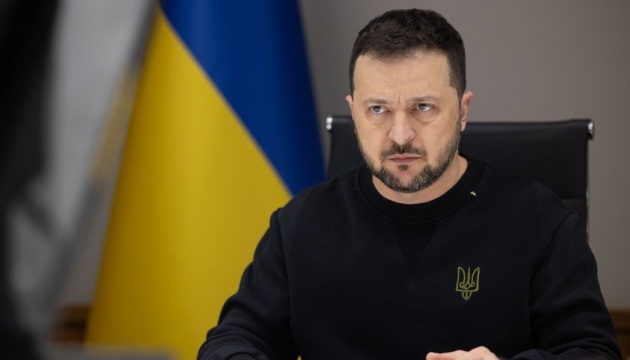
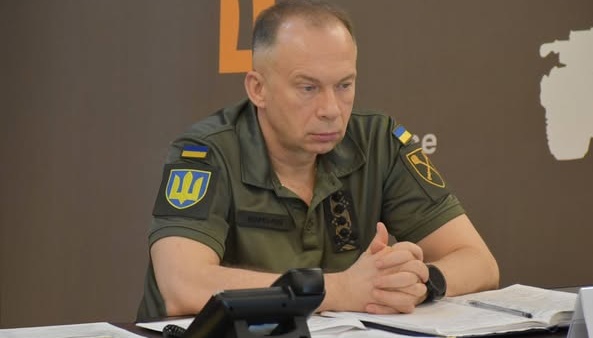
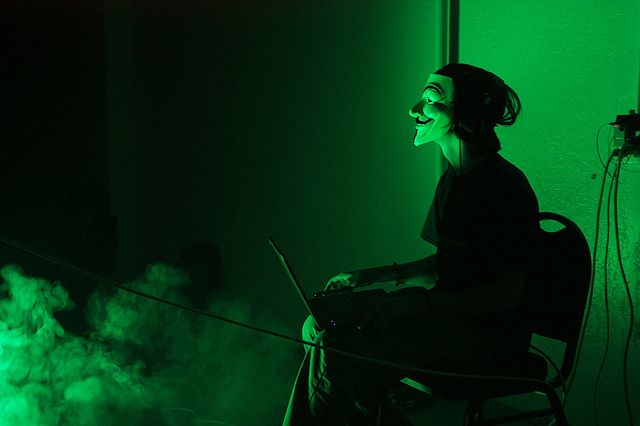
Russia has begun using artificial intelligence-based bots for spreading propaganda on social media, especially on Telegram, according to a joint investigation by OpenMinds and the Digital Forensic Research Lab (DFRLab).
Researchers have uncovered over 3,600 bots that posted more than 316,000 AI-generated comments in Telegram channels linked to Ukraine’s temporarily occupied territories. Another three million messages were spread in broader Ukrainian and Russian Telegram groups. These bots used human-like language, adapting replies to the context of each conversation to promote pro-Kremlin narratives and undermine Ukraine.
Unlike traditional bots that spam identical messages, these accounts simulate real users. They reply directly to other users, shift tone and content, and tailor messages to appear authentic. On average, a bot posts 84 comments per day, with some exceeding 1,000 daily.
The goal is not just to spread fake news, but to create the illusion of widespread public support for the occupation regime, filling comment sections with praise for Russia and attacks on Ukraine. In an environment of information isolation, this becomes a potent tool of mass manipulation.
AI-generated bots often give themselves away through:
Even when bot accounts are deleted, their influence lingers. Locals repeatedly exposed to these comments may perceive Kremlin propaganda as the majority opinion, especially in regions where Ukrainian news is inaccessible.

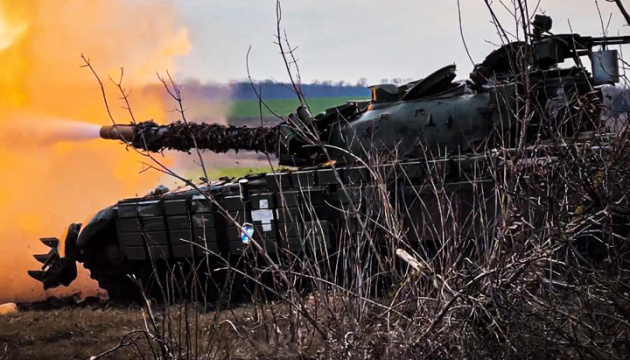
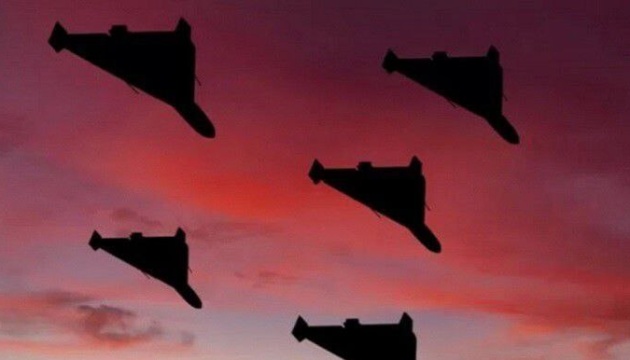
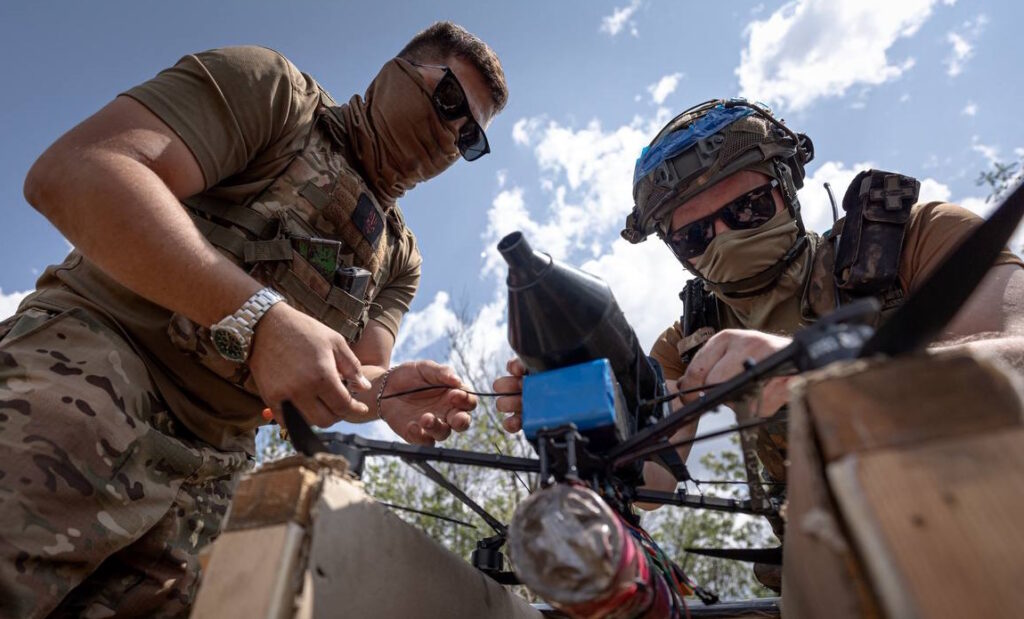
They paid the highest price for Ukraine’s freedom. British journalist Colin Freeman, in his book The Mad and the Brave, told the stories of foreign volunteers who joined Ukraine’s International Legion, writes The Telegraph.
The International Legion of the Ukrainian Defense Forces, a military unit established in 2022, brings together volunteers from over 50 countries, including the US, Canada, and the UK, to help Ukraine fight off Russian aggression.
Freeman compares the influx of volunteers who rushed to aid Ukraine in the early weeks of the all-out war to the International Brigades in the Spanish Civil War of 1936–1939 when thousands from around the world fought fascism.
He portrays a variety of individuals, from veterans of the Syrian war against ISIS to adrenaline seekers and those fleeing heartbreak.
One striking story is that of British combat medic John Harding, who joined the Azov Battalion in 2018. He disproved Russian propaganda about “national extremists” and endured the horrors of the battle for Mariupol, the siege of Azovstal, and months of torture in captivity.
Another hero is Briton Christopher Perryman, a veteran of wars in Iraq, Somalia, and Bosnia, who left behind a young son to fight the Russian aggressor.
Perryman believed he had no moral right to abandon millions of Ukrainian parents in distress, given his extensive military experience. Sadly, he was killed by artillery fire at the end of 2023.
After more than three years of war, the fates of foreign volunteers vary: some died, some cope with PTSD, and others continue fighting alongside Ukrainians.
Earlier, Euromaidan Press published a story about a former paramedic from Colombia, known as Miguel, who came to Ukraine intending to serve as a combat medic. However, due to the language barrier, he was assigned to the infantry.
Despite this, he never abandoned his mission. Every day on the front line, he saves the lives of his comrades. He is learning Ukrainian by singing Chervona Kalyna, the country’s patriotic anthem, and surviving tactics against Russian artillery.
